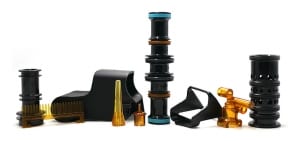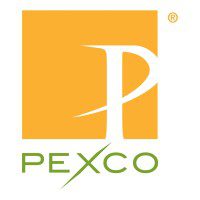Get to Know Performance Plastics
September 1, 2022 | Blog, Design Engineering Capabilities Blogs, EnduroSharp Blogs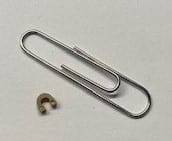
You know Performance Plastics for our EnduroSharp® Non-marring Aircraft Maintenance Tool, but did you know that Performance Plastic is also an expert in tight tolerance custom injection molding?
For four decades, Performance Plastics has been delivering the highest quality custom plastic injection molding solutions in the industry for our customers. We take a highly specialized and consultative approach, working closely with our customers to develop the solutions needed to solve the most complicated issues.
We have the experience to take a project from concept to production in-house. Every step of the process, from design and engineering, to tooling, protype, and full production, is done under the supervision of our experienced team. We produce complex, tight tolerance custom molded products of all types for the aerospace, medical and diversified industrial sectors.
We are technical specialists in collaborating and executing advanced, custom solutions for our customers. Injection-molded product fabrication is a complex process, especially when dealing with parts that are the size of a pin. Our process is comprehensive and efficient to ensure that custom solutions can be delivered quickly and cost-effectively. High performance materials include PFA, FEP, PEEK, ULTEM, and Torlon.
With the ability to injection mold shot sizes as small as .015 grams with a wall thickness as thin as .008 of inch, Performance Plastics is anything but typical. We are one of the leaders in tight tolerance, highly detailed medical parts.
For more information on how Performance Plastics can solve your tight tolerance molding challenges, please contact Rich Reed, VP Sales & Marketing at 513.321.8404 or [email protected].

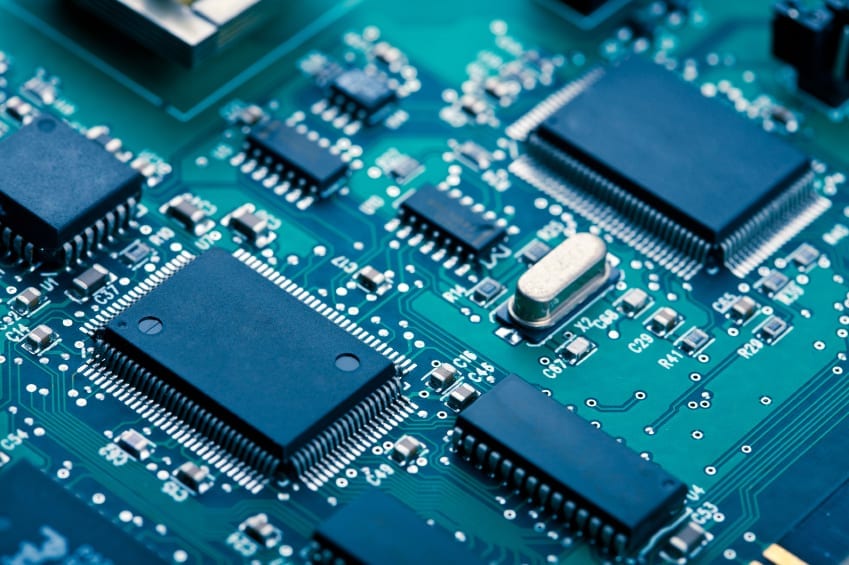
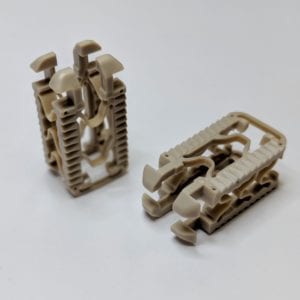
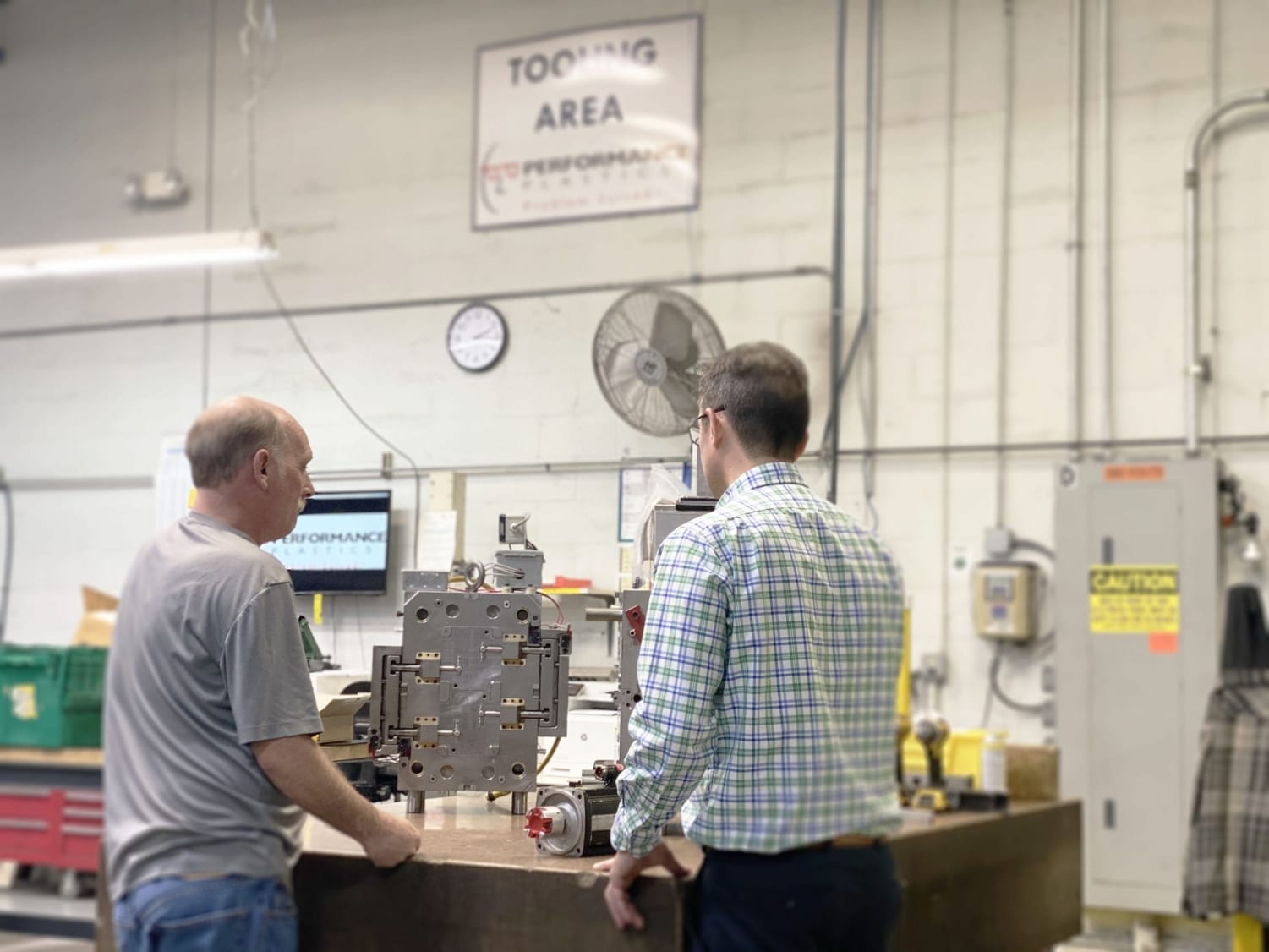 When starting to produce a new product, it’s important to decide on the type of process you will use for the manufacturing process. While injection molding is a very cost-effective process, the initial startup cost of the mold is often a barrier of entry.
When starting to produce a new product, it’s important to decide on the type of process you will use for the manufacturing process. While injection molding is a very cost-effective process, the initial startup cost of the mold is often a barrier of entry.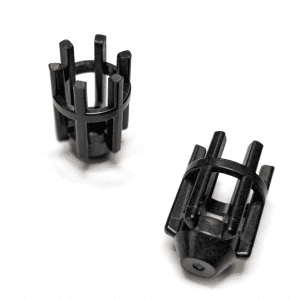
 As you’re designing and manufacturing your next application, wouldn’t it be ideal if you could analyze all the parts, compare them to the original drawings and get results quickly, without damage? At Performance Plastics, we have the ability to do this through industrial computed tomography (CT) scan. Giving us the ability to measure all aspects of your part, without having to damage it.
As you’re designing and manufacturing your next application, wouldn’t it be ideal if you could analyze all the parts, compare them to the original drawings and get results quickly, without damage? At Performance Plastics, we have the ability to do this through industrial computed tomography (CT) scan. Giving us the ability to measure all aspects of your part, without having to damage it.
